An upcoming session will celebrate the characteristic hybrid nature of the city’s culinary history through original food writing, merry-mingling and classic club dishes
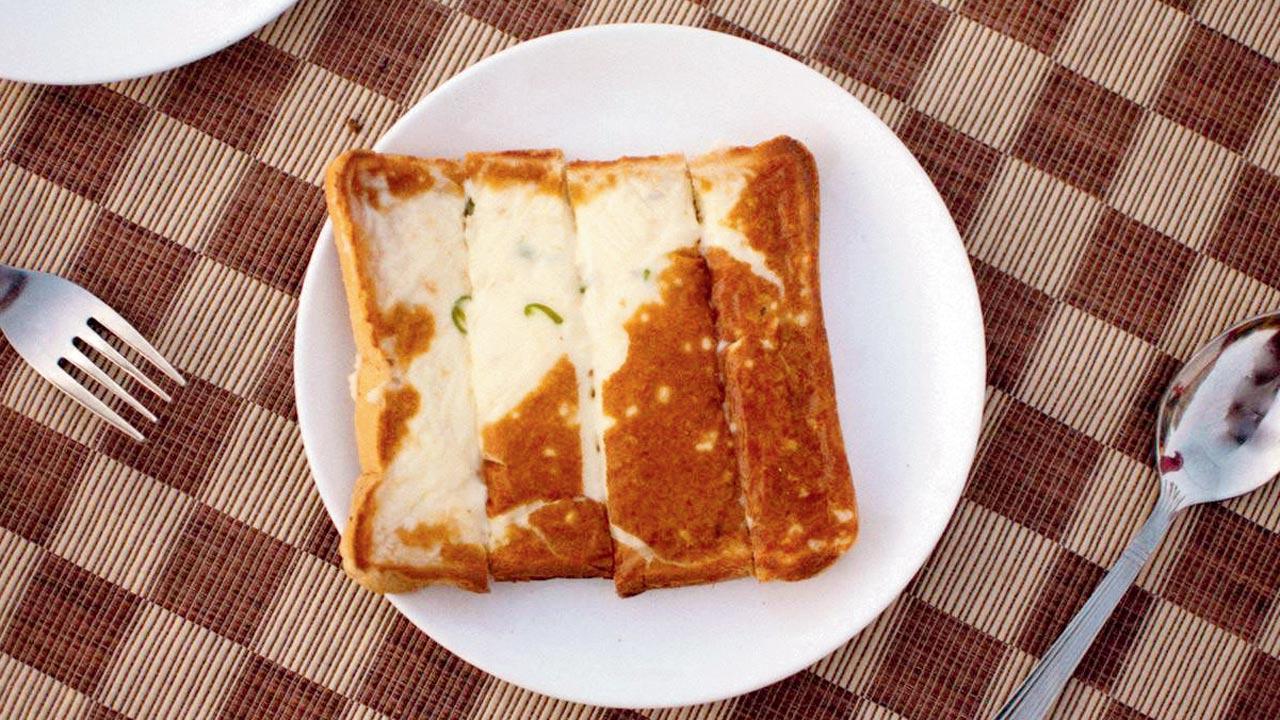
Cheese chilli toast. Pic courtesy/Play Fare
Every day, this writer’s Bengali mother — like all others — habitually enquires what’s being packed for dabba, or what’s for dinner, and whether we’re eating enough fish. Sometimes, when the responses are unfamiliar — such as neer dosa and chicken curry, or puliyogare rice-sambar — they’re met with a curious “Wow, where did you learn this?” After five years in this city, the answers range from “my friend’s mother used to send this for tiffin” to “picked up the masala at the neighbourhood Mangalorean store”. This hodgepodge hybrid nature of Mumbai’s culinary culture flavours much of our meals, and an upcoming event will raise a toast to that through original food writing.
ADVERTISEMENT
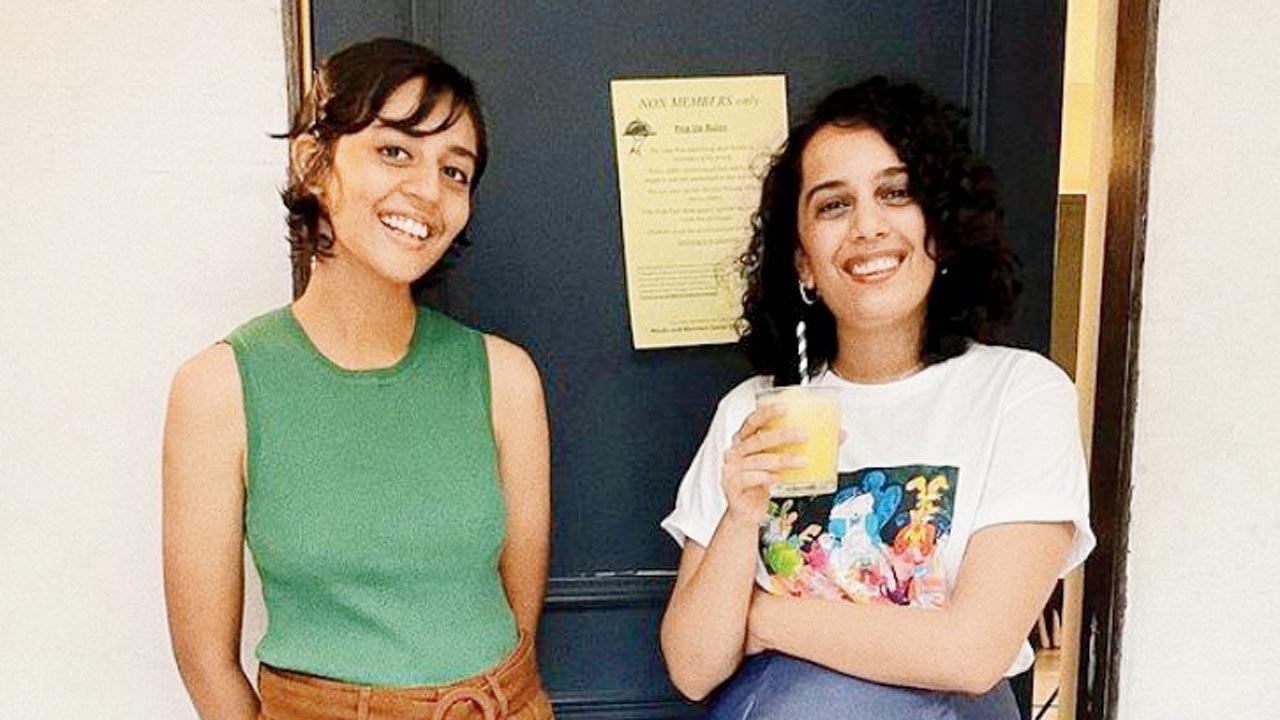 Mallika Chandra and Sneha Mehta
Mallika Chandra and Sneha Mehta
Cheekily named A Night of Hodgepodge Hijinks!, the parlour-style meet-up is hosted by Play Fare — an independent research project which investigates the food culture in Mumbai’s (then Bombay’s) colonial-era clubs — and Goya Journal, a platform for Indian food writing. Sneha Mehta and Mallika Chandra, founders of Play Fare, share the session evolved from their desire to present their research in new and experiential ways. “Something that ties all of Mumbai’s culinary history is hybridity. There are so many influences from different cultures, communities and historical periods that have melded together,” points out Mehta. Hodgepodge, she adds, is a group of things that don’t make sense together. “For instance, in Bombay’s old clubs, the food is a combination of colonial and Indian influences. So, the menu will have hot and sour soup, mashed potatoes, gravy and chicken Kiev, and mango kulfi at the same time. None of these make sense together, yet they’ve been existing for years and people love it.”
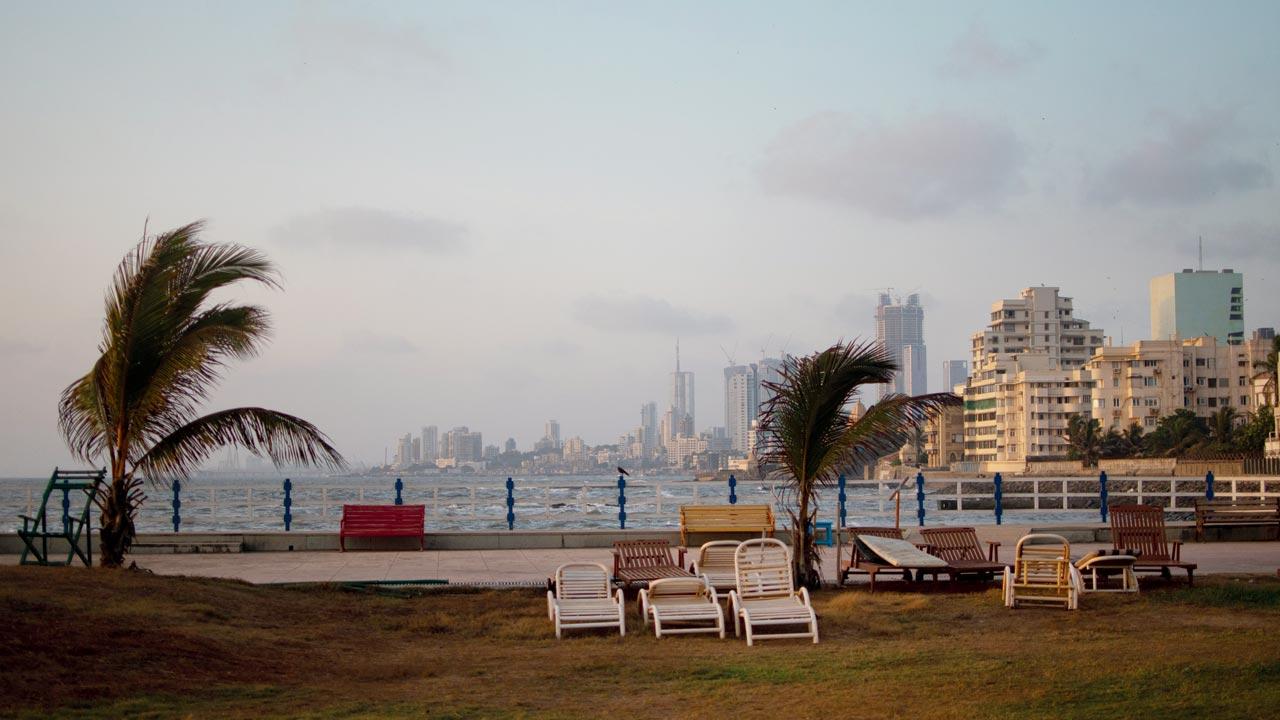 Seaside at Breach Candy Club, a print by Play Fare that will go on sale
Seaside at Breach Candy Club, a print by Play Fare that will go on sale
During the evening, participants will listen and interact with speakers such as Kainaz Messman, co-founder of Theobroma Patisserie India; Simin Patel, founder of Bombaywalla Historical Works; Jane Borges, assistant editor, Sunday Mid-Day and author; independent food and culture writer Meher Mirza; and Chandra and Mehta. While Messman will share the story of the beloved patisserie, Patel will read an excerpt from her forthcoming book on Irani restaurants. Borges will read from her book, Bombay Balchão, and Mirza will tell the story of Thangam Philip, a food scientist, nutritionist, chef, mentor and former principal of Dadar Catering College.
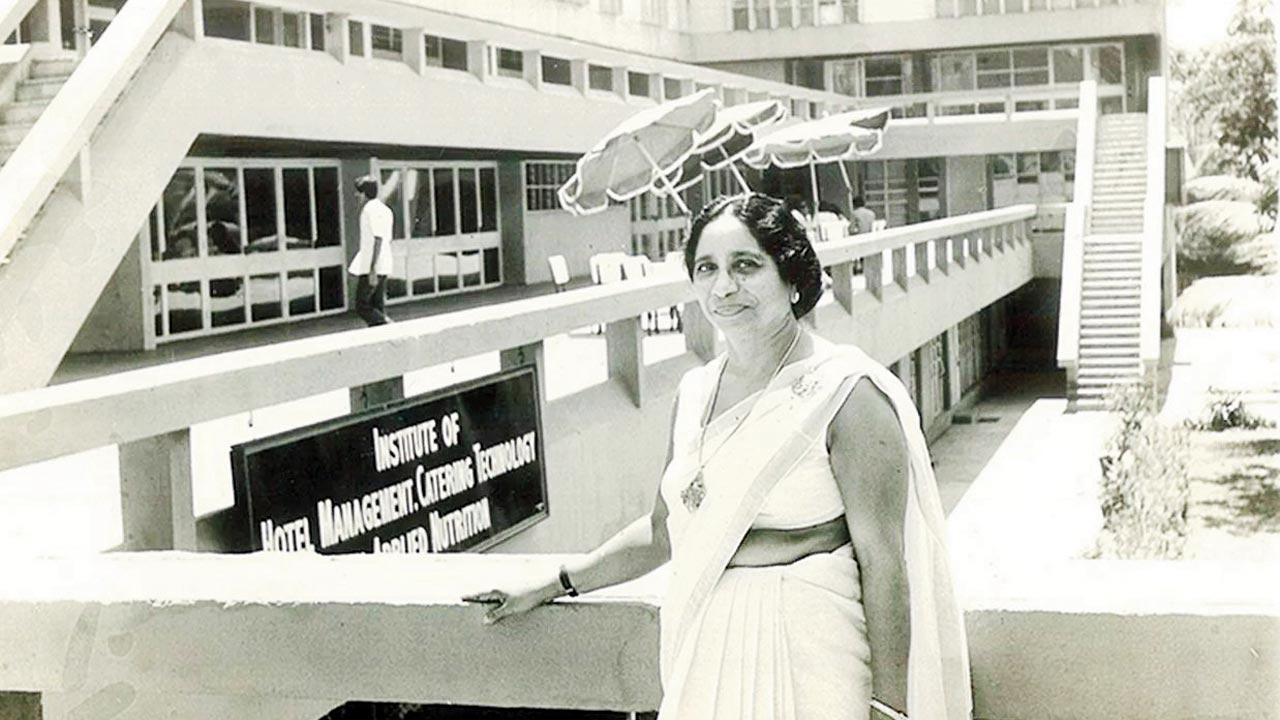 Thangam Philip. Pic courtesy/Meher Mirza
Thangam Philip. Pic courtesy/Meher Mirza
Chandra and Mehta, meanwhile, will delve into their piece, Colonial Cuisine à la carte, which looks at Bombay club menus as maps or historical documents to trace the entry of colonialism, the influence of Indian chefs on the cuisine, how migrants influenced the fare and culinary hybridity. “These are dishes everyone is quite familiar with, such as hot and sour soup, caramel custard and cheese chilli toast. But we try to dig deeper to investigate how people who leave their homes try to assimilate in new places,” Mehta elucidates. For instance, they’ll be exploring the soup section of club menus. “You’ll always find mulligatawny soup. When the British came to India, they wanted course-style meals, which is not an Indian concept. Some chefs in a colonial-era club in then-Madras came up with milagay tanni — pepper and water. They made this into a thicker broth with vegetables, rice and meat, and that’s what became mulligatawny soup. Similarly, we’ll explore clear soup — a very French idea, and manchow soup — an Indo-Chinese hybridity, among other dishes,” Mehta tells us.
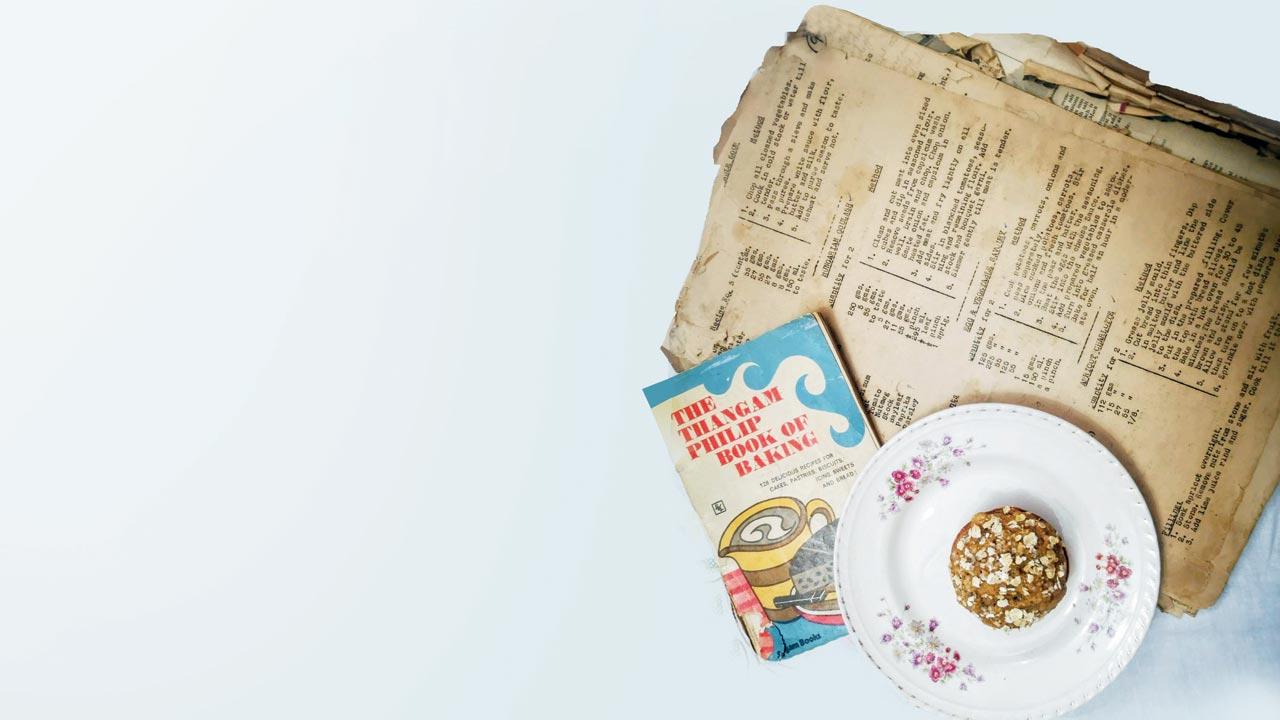 A book by the food scientist and former principal of Dadar Catering College. Pic Courtesy/IWH.COM
A book by the food scientist and former principal of Dadar Catering College. Pic Courtesy/IWH.COM
But it’s not all food for thought. Some speakers, such as Messman and the Play Fare founders, will line up some treats. There’ll be club-inspired finger food that reflects Mumbai’s “hodgepodge-ness”, too. Cucumber chutney sandwiches, rosemary-fennel lemonade, espresso caramel custard, and the works. To ramp up the hijinks quotient, there’ll also be an old-fashioned raffle, a few photo prints from their collection for sale, and a lot of merry-mingling.
On April 22, 6 pm
At Kala Ghoda Cafe, Fort.
Log on to @playfareplease
Cost Rs 2,000 (limited registrations for the event)
 Subscribe today by clicking the link and stay updated with the latest news!" Click here!
Subscribe today by clicking the link and stay updated with the latest news!" Click here!








